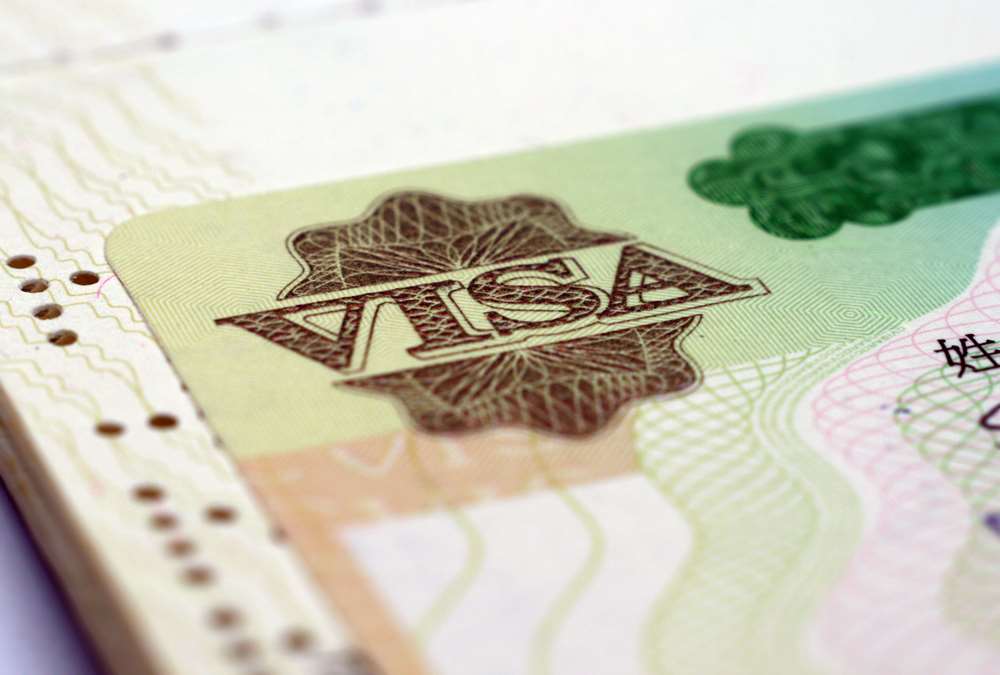- Home
- Business Processes
- Industry Knowledge
- Aerospace Industry
- Automotive Industry
- Banking Domain
- BFSI Industry
- Consumer/ FMCG Industry
- Chemicals Industry
- Engineering & Construction
- Energy Industry
- Education Domain
- Finance Domain
- Hospitality Domain
- Healthcare Industry
- Insurance Domain
- Retail Industry
- Travel and Tourism Domain
- Telecom Industry
- Leadership Skills
- eLearning
- Home
- Industry Knowledge
- Travel and Tourism Domain
- Economic Impact of Tourism Industry
Economic Impact of Tourism Industry
The tourism industry has contributed to the economic growth of a country through factors like industrialization, education, advanced technology, a higher number of qualified professionals, opening up of foreign markets, liberal trade policies, and better advertising and strategic marketing. The income generated helps the national balance of payments, earning revenue through direct taxation, as well as from indirect taxes on goods and services purchased by the tourists.
This article considers the economics of tourism, taking into account the unique characteristics of the sector and both the positive and negative consequences of tourism for a destination. The chapter is designed to provide you with:
- An understanding of the unique characteristics of the tourism sector;
- An awareness of the importance of economic evaluation of tourism and events;
- An understanding of the ways that tourism can bring economic benefits to a place
- An awareness of the economic costs of tourism to a destination
Tourism is often described as one of the world’s largest industries. It employs millions of people, has a turnover in billions of dollars, and encourages millions of people to travel. In other words, it is a substantial economic sector and economists bring a level of discipline to its analysis. There is no doubt that economics has made a fundamental contribution to the study and understanding of tourism, evidenced by the establishment of the journal Tourism Economics in the 1990s. Tourism and related activities collectively boost the economic reserves of the region thus leading to a rise in income and better disposable income. Tourism can also benefit economies at regional and local levels, as money comes into urban and rural areas which in turn stimulates new business enterprises, greater markets and promotes a more positive image of the area.
Economics of Tourism Industry
Economists remain in dispute as to whether tourism is really an industry and, if so, how to define and measure it. In part, these problems arise because many industries are involved in delivering the tourism product as a service or ‘experience’ and tourism has distinctive characteristics that we have to take into account. As a result, research on tourism supply has focused on individual sectors rather than the structure of the sector as a whole.
Tourism is in fact only partially an industry as governments, communities, and others are involved in delivering the tourism product. Tourism is therefore an industry that challenges conventional economic paradigms. Yet it is important that we understand how its complex system functions if we are to manage tourism effectively. Tourism is an increasingly important focus of policy intervention, and of development in many countries, as economic strategies focus on the revenue and employment generating potential of tourism.

Given below are some economic considerations of the Tourism Industry:
- Tourism is not a single product but a diverse range of products and services that interact
- The tourism sector is an invisible export as there is no tangible product to show in a balance of payments account
- Tourism comprises both tangible and non-tangible elements
- It is produced where it is consumed. In other words, it is one of the few industries where the consumer has to physically visit the site of production in order to consume it
- The producer does not bear any transport costs as they are borne by the tourist
- Tourism is a fragmented sector in that it comprises many different types of providers
- The tourism industry is highly diverse – from the small size of the establishment to big multi-nation corporations
- The sector is characterized by very unstable demand
- The tourism industry also contributes to climate change through carbon emissions
- As an activity of global significance, tourism has economic consequences for enterprises, communities, destinations, regions, and countries. Quite simply, the economic significance of tourism is due to the fact that tourists earn money in their place of residence but spend it at the destination
- Tourism generates significant revenues, estimated at US$1159 billion in 2013 from international tourism, and generates significant numbers of jobs globally, estimated by the World Travel and Tourism Council at almost 266 million jobs in 2014
- Economic consequences of tourism are more readily measurable than say environmental or social impacts
- The ability of the national economy to leverage from the economic consequences of tourism in terms of the capacity to invest in tourism, and whether the level of tourism development is sufficient to allow economies of scale for suppliers
Related Links
You May Also Like
-
Environmental Impact of Tourism Industry
The environment is the surrounding atmosphere or condition for existence. The impact of tourism on the environment is both positive and negative. This article considers the major issue of the consequences of tourism for the environment. This is a complex area as, whilst tourism is dependent upon environmental quality to attract and support visitors, it also can have a detrimental effect upon those very environments – and their climate.
-
We all travel and have been a tourist, perhaps many times in our life. Tourism and tourist are so common words that they find mention in newspapers and magazines almost on a daily basis. In spite of its popularity, have you ever deliberated what the definition of travel and tourism is? What components constitute the tourism industry? Who qualifies to be called a tourist? Well, this article attempts to explore the words "travel”, “tourism” and "tourist'- both technically as well as conceptually.
-
Economic Impact of Tourism Industry
The tourism industry has contributed to the economic growth of a country through factors like industrialization, education, advanced technology, a higher number of qualified professionals, opening up of foreign markets, liberal trade policies, and better advertising and strategic marketing. The income generated helps the national balance of payments, earning revenue through direct taxation, as well as from indirect taxes on goods and services purchased by the tourists.
-
Overview of Hospitality Industry
Hospitality is the act of kindness in welcoming and looking after the basic needs of customers. The hospitality industry is a broad group of businesses that provide services to customers. The industry can be broken down into three basic areas: accommodations, food and beverage, and travel and tourism. Hospitality is actually one facet of the service industry. It primarily involves addressing customer satisfaction and catering to the needs of guests.
-
Social & Cultural Impact of Tourism
Tourism may have different effects on the social and cultural aspects of life in a particular region depending on the strengths of the region. The effect can be positive or negative. Tours also focus on unique natural or geographical features like the coastline, islands, mountains, health resorts, countryside, etc. At such locations, the provision of tourist services and the pressure of tourists are bound to have impacts on the environment, economy, and local social practices and on the people.
-
How does Tourism Industry impact a country? The impact of the tourism industry can be classified into the social & cultural impact, economic impact, and environmental impact. Social & cultural impact signifies the impact which it creates in terms of social changes. The economic impact can be quantified in terms of monetary benefits and overall economic development of the society. Environmental impact refers to the impact on nature and the surrounding areas.
-
Challenges in the Tourism Industry
Top challenges confronting tourism are taxation, travel marketing, infrastructure issues, and security and cross border regulations. Too many tourism destinations are not prepared for visitors. Tourists or travelers can at times deem travel marketing to be exaggerated. Another major challenge that the tourism industry faces is the fluctuating rates and cost inflation. New challenges seem to arise quickly impacting the industry as a whole.
-
Wealthy people have always traveled to distant parts of the world, to see great buildings, works of art, learn new languages, and experience new cultures, and to taste different cuisines. There has been an up-trend in tourism over the last few decades and now national or international travel for short breaks is very common. Tourists have a wide range of budgets and tastes, and a wide variety of resorts and hotels have been developed to cater for them.
-
Components of Tourism Industry
The tourism sector is a range of businesses and organizations involved in delivering the tourism product. All the elements of tourism are related and interact; in essence, the tourism industry is a system of customers and suppliers who demand and supply tourism products and services. In relation to tourism, very often you will come across terms like tourism products and services. These components of travel and tourism can be broadly divided into six key areas highlighted below.
Explore Our Free Training Articles or
Sign Up to Start With Our eLearning Courses

About Us
Learning
© 2023 TechnoFunc, All Rights Reserved









